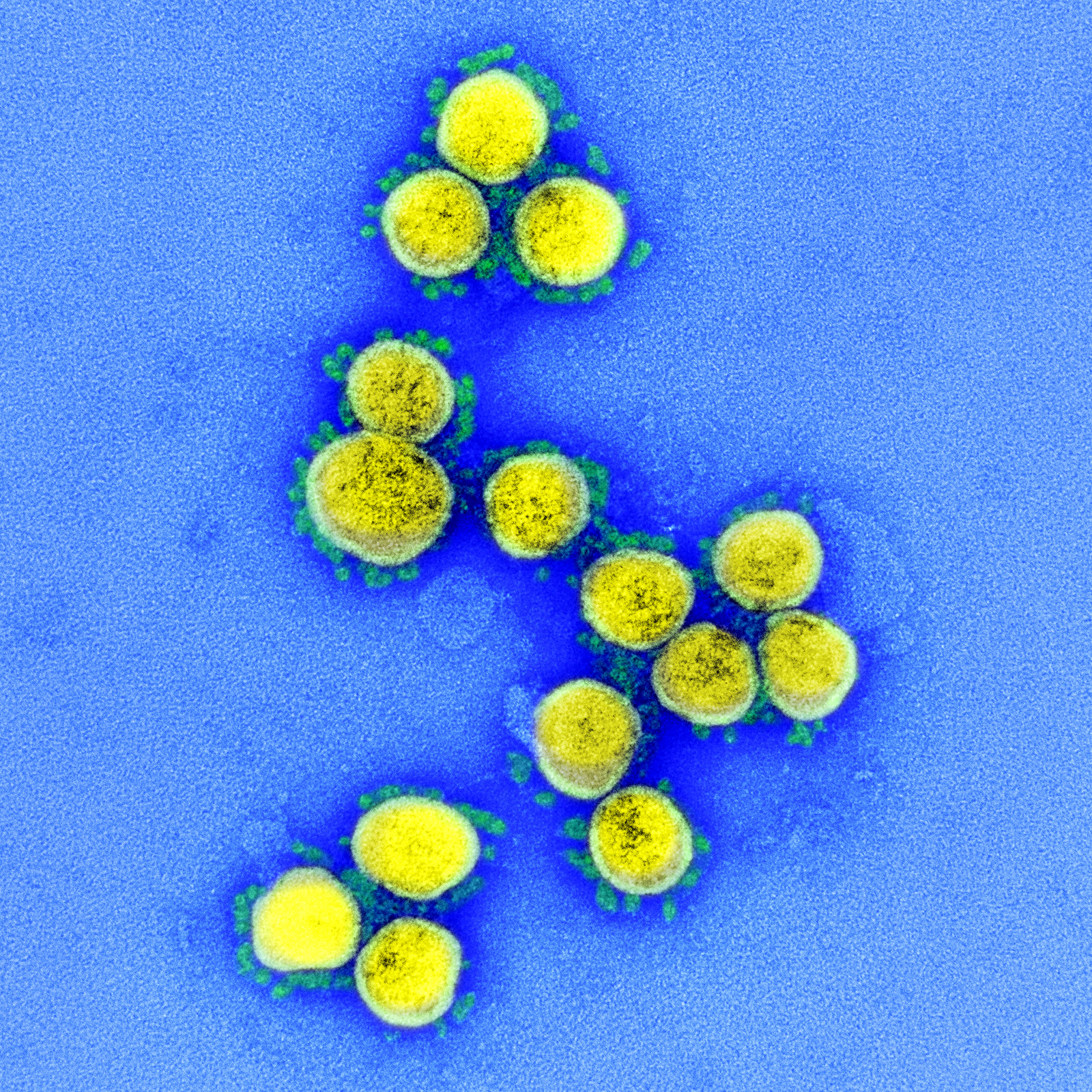US biotech uses AI to pick antiviral for COVID-19 trial

US biotech AI Therapeutics has begun a phase 2 trial of its LAM-002A, an antiviral drug that has shown promise against the SARS-CoV-2 coronavirus in the lab.
The company develops drugs that have been identified with a proprietary artificial intelligence (AI) algorithm that matches drugs to new indications.
The randomised, double-blind, placebo-controlled study will recruit up to 142 patients and will test the safety, tolerability and efficacy of LAM-002A in reducing viral lead in people with confirmed COVID-19.
Other measures in the Yale University-partnered study will test death, hospitalisation and oxygen saturation.
The company cited a large-scale study, which picked LAM-002A as the most promising from a group of other potential antivirals.
LAM-002A, also known as apilimod, is a first in class, highly selective PIKfyve kinase inhibitor that has demonstrated potent in vitro antiviral activity against several isolates of SARS-CoV-2.
It would compete against Gilead’s remdesivir, the first antiviral drug to have shown efficacy against coronavirus in clinical trials, although it works with a different mechanism of action.
Another approach to preventing symptoms from progressing is being investigated by the UK’s Synairgen, which involves using an inhaled formulation of interferon beta to tackle inflammation of the lungs caused by the disease.
Connecticut-based AI Therapeutics said LAM-002A also has the potential to become part of combination therapies, especially with other drugs that target viral proteins or functions, such as viral replication.
Dr Murat Gunel, chair of Neurosurgery and Professor of Neurosurgery, Genetics, and Neuroscience at Yale University said: "LAM-002A’s safety has been demonstrated in more than 700 healthy subjects and patients with inflammatory and malignant conditions. It is one of the most potent drugs in pre-clinical tests against SARS-CoV-2.
"Its safety profile and effectiveness provide a strong rationale for urgently evaluating this drug in COVID-19 patients, who have few options to slow the progression of the disease."
Feature image courtesy of Rocky Mountain Laboratories/NIH












